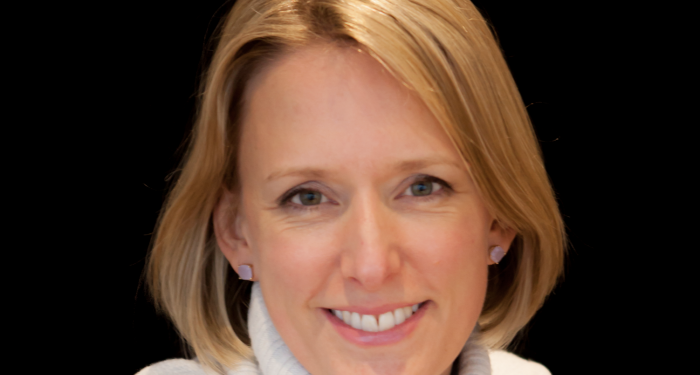It is estimated that 1 in 7 people in the UK presents as neurodiverse. While a neurodiverse diagnosis has not clipped the wings of wildlife presenter Chris Packham who has Asperger’s, or environmentalist Greta Thunberg who has autism, for many people, the challenges of a neurodiverse condition make achieving their workplace or career aspirations more difficult.
We are seeing a greater openness, awareness, acceptance and value, in the workplace, of those with additional needs. However, a global study by Accenture in 2020 found that 76 per cent of employees with disabilities report not fully disclosing their disabilities at work. But why?
Disclosure is a tricky topic. No doubt, if you are an employer, your mind goes straight to employment law or reasonable adjustments. But if you are the person, disclosure means something else entirely.
In my experience of over 25 years of working with people with neurological conditions, the word disclosure is much more personal. But we must get personal if a workplace wants to support its neurodiverse and disabled employees better.
Thinking more deeply about the act of disclosure, having the right environment to promote those open and honest conversations is essential because it’s the starting point for everything else.
Language and the way we communicate with each other are important. The word disclosure makes me uncomfortable. There is a pressure to it, a feeling that I am exposing something of vital importance or maybe a secret that should not be shared.
Either way, my gut feeling is telling me that disclosure is something best avoided. I am not alone. Individuals with a neurodiverse diagnosis or suspicions of such, feel the same too. Disclosure is viewed as a risky endeavour.
But why is this? If we think more deeply about disclosure, it is possibly not the act itself that is concerning. It’s the bit before. Our thoughts and feelings, and our sense of control. It is scary because it’s big.
So, for a neurodiverse employee is it about disclosing a diagnosis? A ‘neurodiverse’ condition is ‘neurologically atypical patterns of thought or behaviour; not neurotypical’. Diagnostic disclosure, therefore, does not offer much by way of understanding someone’s everyday needs.
To compound these problems, the definition of ‘neurotypical’ is the reverse of ‘neurodiverse’. With the caveat that, ‘neurotypical individuals often assume their experiences of the world are either the only ones or the correct one.’
So, disclosure in this context means exposing your true self to others who believe their view of the world is the only one.
But what is it like to be me? The big ‘this is who I am’ statement. If we are being candid, any of us – neurodiverse and neurotypical – human beings side by side will find difficulty in disclosing who we are. Defining our strengths and challenges and what they mean in the context of work is difficult. Living with a neurodiverse diagnosis makes it even harder to pin all that down. It is so difficult to find the words.
But a diagnosis like autism, among many other neurodiverse conditions, is complex and multifaceted. The key to understanding neuro conditions lies in understanding function and decoding what neurodiverse (e.g. autism, dyslexia) or neuro-acquired (e.g. stroke, MS or brain injury) means for the person in the everyday.
We need to create workplace cultures where disclosure is considered less risky. It is about making sure we have a shared understanding, shared identity, and purpose. One that enables us all to view the challenges and opportunities through the same lens. The result is environments and relationships that cultivate confident employees and enlightened employers.
Research supports this. Employees who feel confident to disclose their needs at work are 30 per cent more engaged in career satisfaction, aspirations, and confidence, according to a 2021 Harvard Business Review paper, Make It Safe For Employees To Disclose Their Disabilities.
Supporting an individual to learn about themselves, with those who they trust. Sharing insights and understanding from a different perspective. Adopting a truly collaborative approach, supported by specialists in the workplace reduces the risk of non-disclosure.
Helping everyone to see potential and create opportunities is good for business and good for people.





